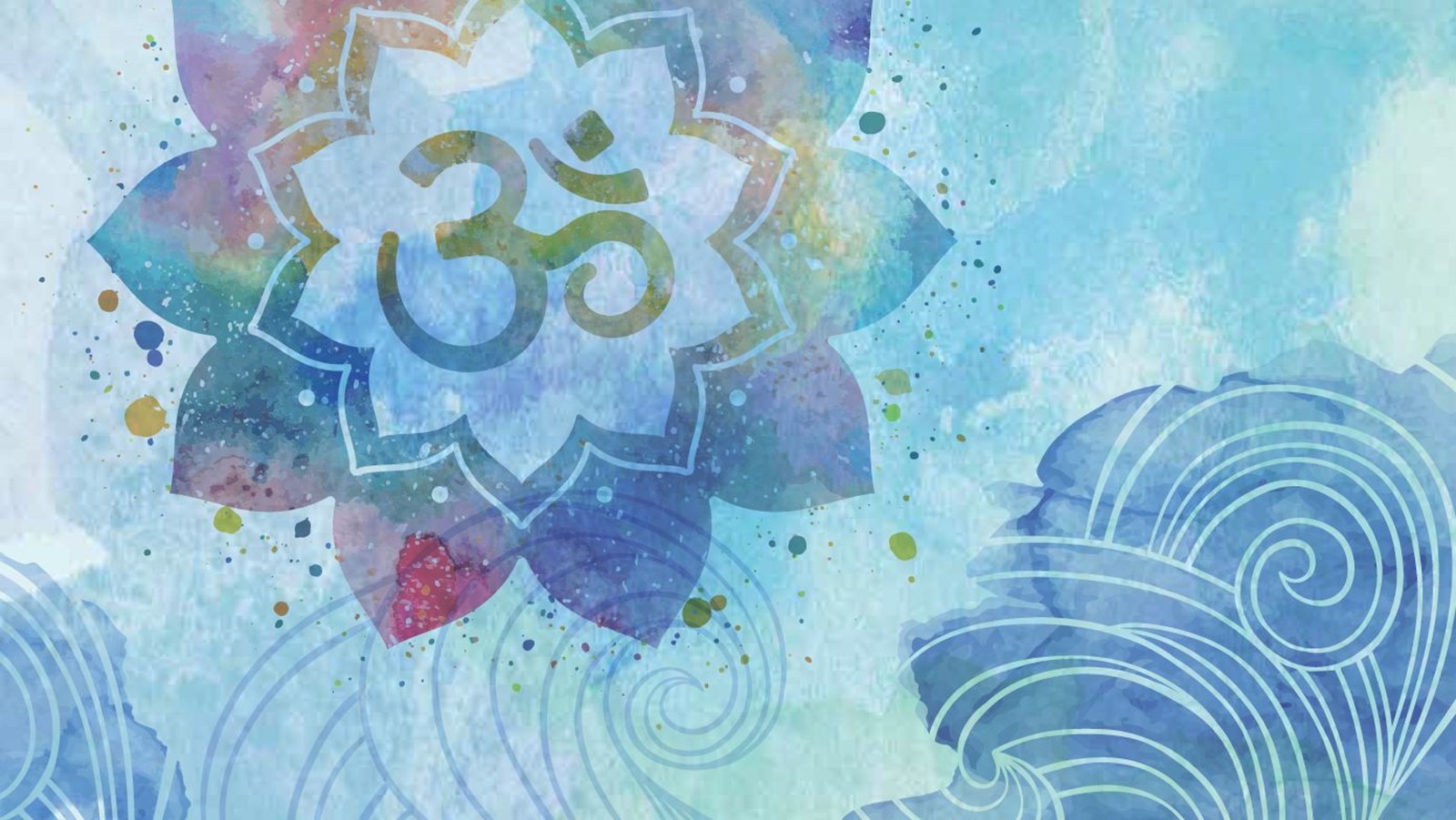A few months ago, I experienced the thrill of the dance at the still point in my turning world when I returned to the ancestral home of my deceased father – a humble 19th century stone cottage nestled in the foothills of the Slieve Aughty mountains in the West of Ireland. Our brief family stay coincided with what would have been my father’s 90th birthday. It had been 45 years or more since I had slept in the house, now lovingly restored by the current owners, who have kept the character and many of its original features.
Upon entering the home, time stood still as my senses became saturated with long-forgotten sights, sounds and smells. On the kitchen’s stone floor, my feet began to tap a joyous jig while my voice lilted an oft-played tune from childhood family gatherings. Over two days, we traced back the generations, contemplating how they had endured famine, civil war, violence and tragic deaths. Strange stirrings danced forth from the ‘ancestral voices of religion and nationalism’2 upon opening an old prayer book and touching civil war medals. We became alert to the need to reconsider the positive and negative transmissions from the past in this childhood nest of nurture. This was reinforced when we discovered that the spring well at the entrance to the cottage, whose pristine water we had delighted to drink from as children, had recently become polluted.
Another kind of dance, at the still point of the turning world, is illustrated in the artist Suki Chan’s film installation, Still Point.3 She evokes the tensions physically embodied in sacred spaces which offer safe sanctuary, invite us into stillness of being in our spiritual quest, but are also materially contested sites. She captures how spiritual and cultural trauma is perpetuated in the identity narratives of inhabitants of militarised sacred spaces, such as Jerusalem, through the process of ‘unseeing’ the other to the point of exclusion and the conflation of utopia with dystopia. You can read more about spiritual trauma in this issue of Thresholds.
Shaping up for change
BACP Spirituality is dancing to the tunes of change in a changing world. At the end of March, the Executive Committee met with key staff from BACP to progress the consultation process around developing a strategy for the division which would support the key strategic intents of BACP over the next two years: ‘to develop peer-led communities of practice at regional level to engage in diverse ways in promoting awareness of and research into spirituality in therapeutic practice’.
We know, from earlier surveys, that our members are passionate about affirming the importance of spirituality within counselling, value the journal and attending BACP Spirituality CPD events. However, what we have less information about is how many of you will have developed considerable excellence in relating ethically and creatively to issues of spirituality in counselling and yet do not have sufficient outlets in which to share it. An important next step, then, is to hear the voices of divisional members more loudly and clearly on a range of issues. Within the next six months, we hope to send out a questionnaire to you and look forward to receiving your feedback, especially about how peer-led communities of practice could be supported and flourish within your areas. We will also be reconfiguring the Executive membership as the divisional strategy is further outlined in the months ahead. In particular, we are keen to ensure that as changes emerge, the division might reflect a greater geographical and spirituality diversity.
At the March Executive meeting, Dr Valda Swinton took the decision to step down, having served in various capacities on the Executive over a six-year period. Valda has contributed extensively to research into spirituality, culture and counselling and is a highly regarded published author. Her articles for Thresholds over the years have been greatly appreciated by members: in particular, she wrote an excellent article on working with the spiritual in counselling and psychotherapy.4 We will miss her wonderful wisdom and lilting laughter and wish her well in her new beginnings.
Up ahead
This autumn, we are partnering with BACP’s Events department to host a conference on the theme of Working with Soul in Supervision in Newcastle-upon- Tyne on Thursday, 11 October. Watch out for details online on BACP’s events page. BACP Spirituality Executive members will facilitate discussions at BACP‘s Making Connections events planned for Cardiff, Edinburgh, Belfast and Blackpool
Maureen Slattery-Marsh is Chair of BACP Spirituality. To contact Maureen, please email spirituality@bacp.co.uk
References
1. https://soundcloud.com/brainpicker/t-s-eliotreads-burnt-norton-1935 (accessed 8 June 2018).
2. Cruse O’Brien C. Ancestral voices, religion and nationalism in Ireland. Dublin: Poolbeg Press; 1994.
3. http://www.sukichan.co.uk/stillpointinfo.htm (accessed 8 June 2018).
4. Swinton V, Jay C. Working with the spiritual in counselling and psychotherapy. Thresholds, 2014; autumn: 15–18.
